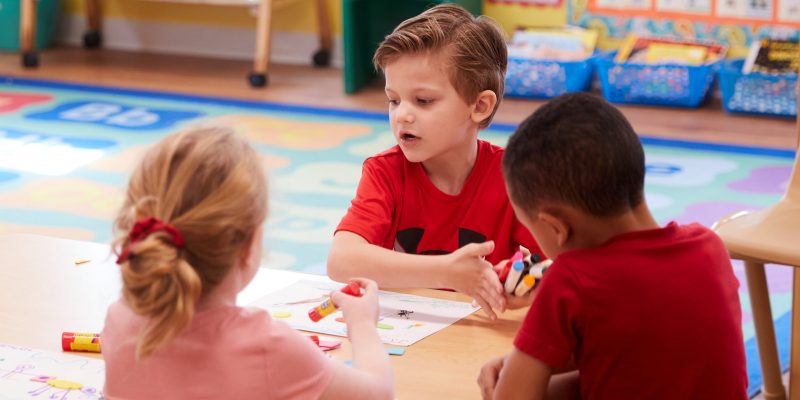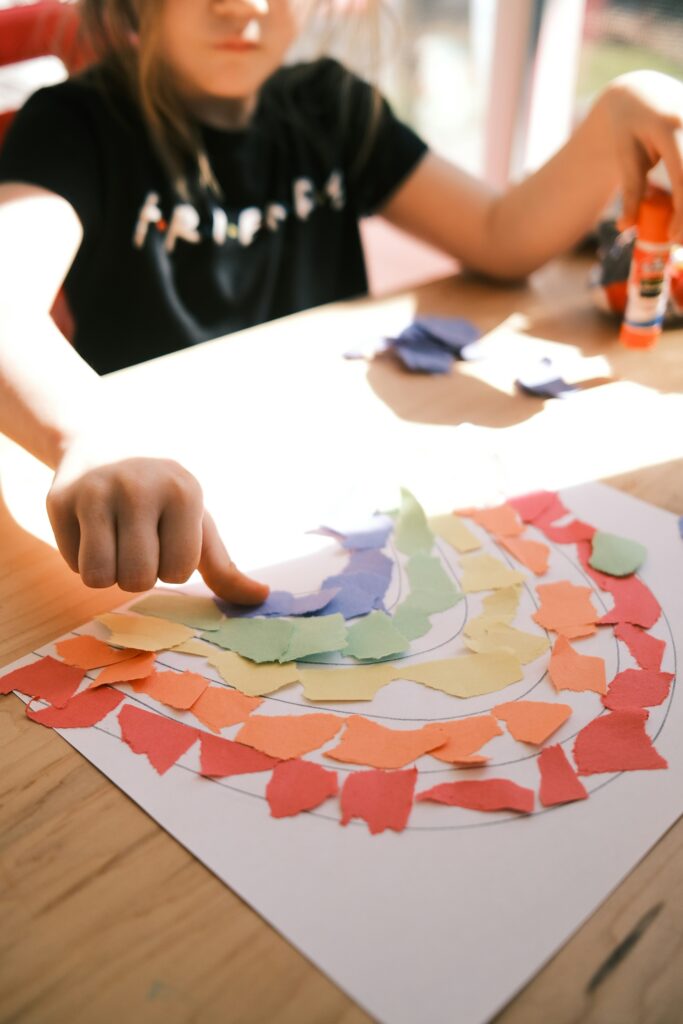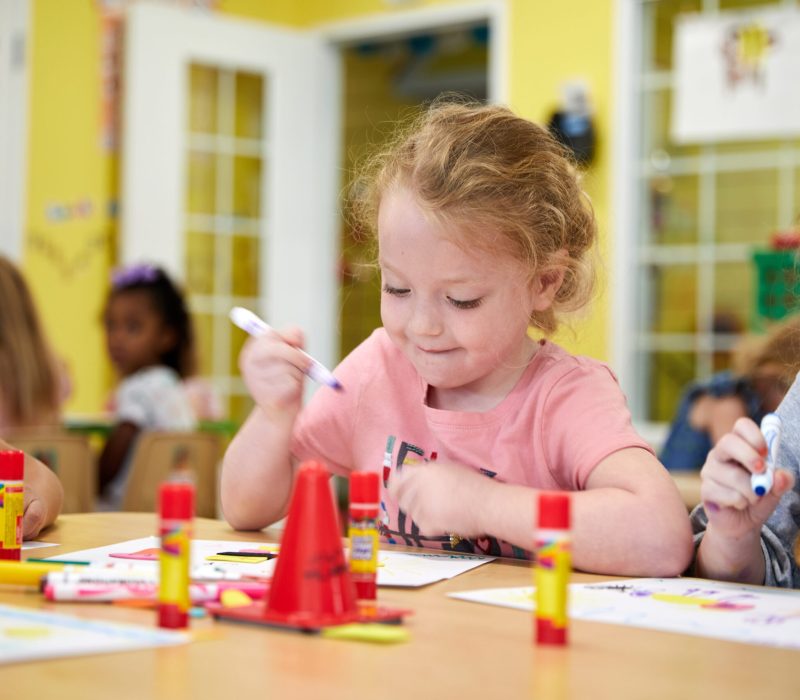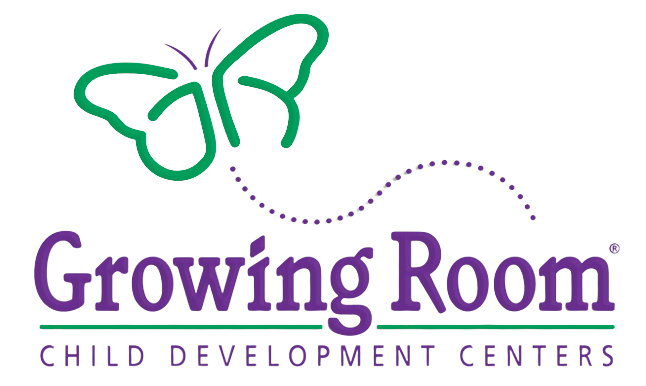GA Pre-K
Our Growing Room curriculums are tailored for Georgia Pre-K programs.
young minds.
Established in 1993 and funded by the Georgia Lottery for Education, the Pre-K Program provides 4-year-old children with a high-quality preschool experience. Each child is supported in his efforts to make decisions, think creatively, and solve problems at his own pace; providing the learning experiences needed to establish a solid academic foundation.
They will build listening skills, phonological awareness, reading and writing skills, expressive language skills, and build an understanding of numbers, patterns, shapes and so much more.
Georgia Pre-K
Call in advance to find out about special requirements to be eligible for the Georgia Pre-K program, including proof of residency, and to assure there are openings, contact your local Georgia-based Growing Room school.


FAQs
A child must be age-eligible (four-years-old on September 1) and a Georgia resident. Acceptable proof of age must be on file the day the child begins the Pre-K program.
For additional information visit the Path2College website.
More Information
GELDS – Pre-K teachers use Georgia Early Learning Development Standards (GELDS) to make every moment with your child a learning opportunity. To explore the GELDS, go to http://gelds.decal.ga.gov/
FAQ for Pre-K – https://www.decal.ga.gov/bfts/Faq.aspx?cat=Pre-K
Pre-K Family Handbook – https://www.decal.ga.gov/documents/attachments/PreKFamilyHandbook.pdf
Summary of Georgia Immunization Requirements – https://www.decal.ga.gov/documents/attachments/SummaryofGeorgiaImmunizationRequirements.pdf
Link to order Georgia birth certificate online – https://georgia.gov/birth-and-death-certificates
For more information on the High Reach curriculum, please visit www.highreach.com.

THE CURRICULUM
Pre-K
To participate, your child must be 4 years old on September 1st of the given school year. Program hours are from 8:00 a.m. to 2:30 p.m. and follow local public school calendars. The core instructional program is free; however, fees may be charged for meals and extended day services.
We use the HighReach Learning Approach in our Pre-K classrooms. This approach is theme-based and utilizes a balance of child-initiated and teacher-facilitated learning opportunities with hands-on activities where your child can explore and manipulate real objects and events. It encourages children to solve problems, be creative, be independent, explore, manipulate, investigate, and discover. It emphasizes on developing the whole child – physically, cognitively, and socially. The curriculum includes a suggested scope and sequence of activities to promote the development of the whole child. In this program, children will develop skills in language and literacy, math, science, social studies, and creativity. They will build listening skills, phonological awareness, reading and writing skills, expressive language skills, an understanding of numbers, patterns, and shapes and so much more.
The classrooms are arranged into clearly defined learning areas that include Language and Literacy, Math/Manipulative, Dramatic Play, Art, Blocks, Science, Music and Movement, and Outside Play. A predictable daily routine is followed and posted for children (readers and non-readers) to see. They will work on social and emotional development as well as health and physical development. This program encourages positive interactions to better enhance children’s feelings of comfort, security and self-esteem. Self-control, responsibility and respect for self, others and property are key skills introduced in these classrooms. Children will develop an appreciation of their roles as members of the family, classroom, and the community and a respect for differences in people.
The children will participate in a variety of gross-motor activities to develop control, balance, strength, and coordination. They will participate in activities that foster fine motor development. Children will understand healthy and safe living practices. This program addresses all phases of learning, and assessment is ongoing and involves parents. At the end of the school year, activities are planned to prepare the children and families for the transition to kindergarten.
